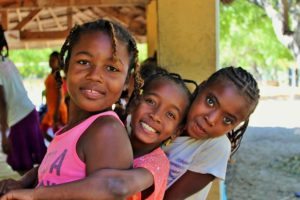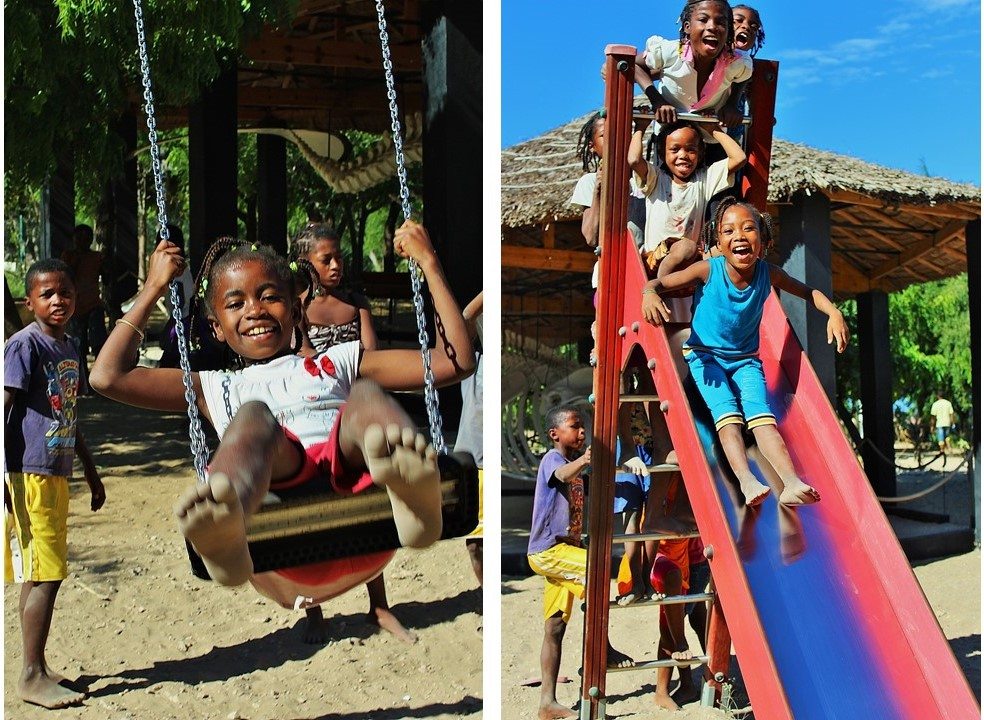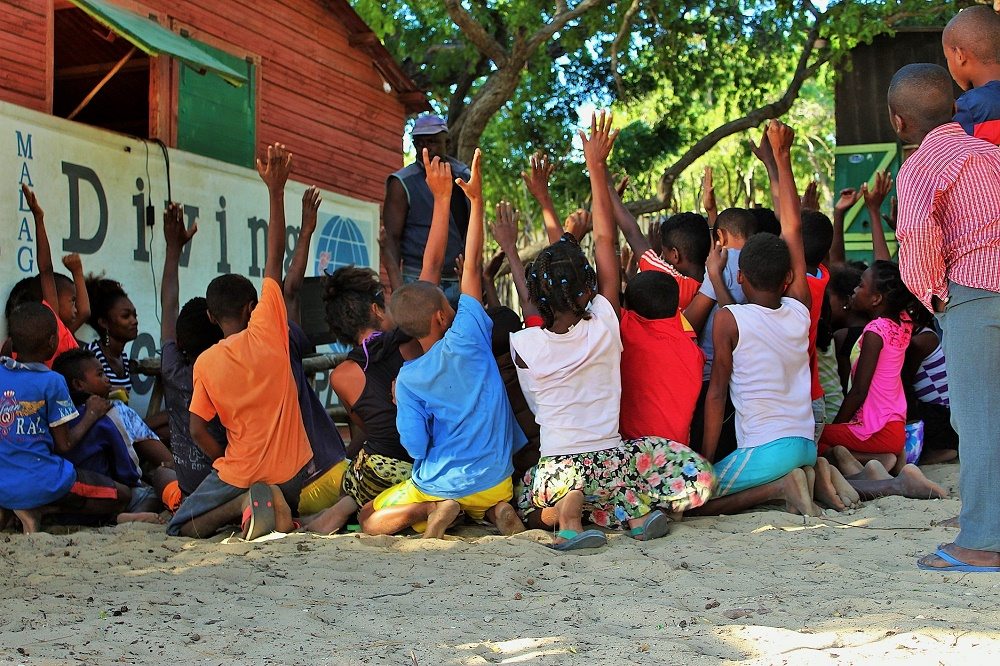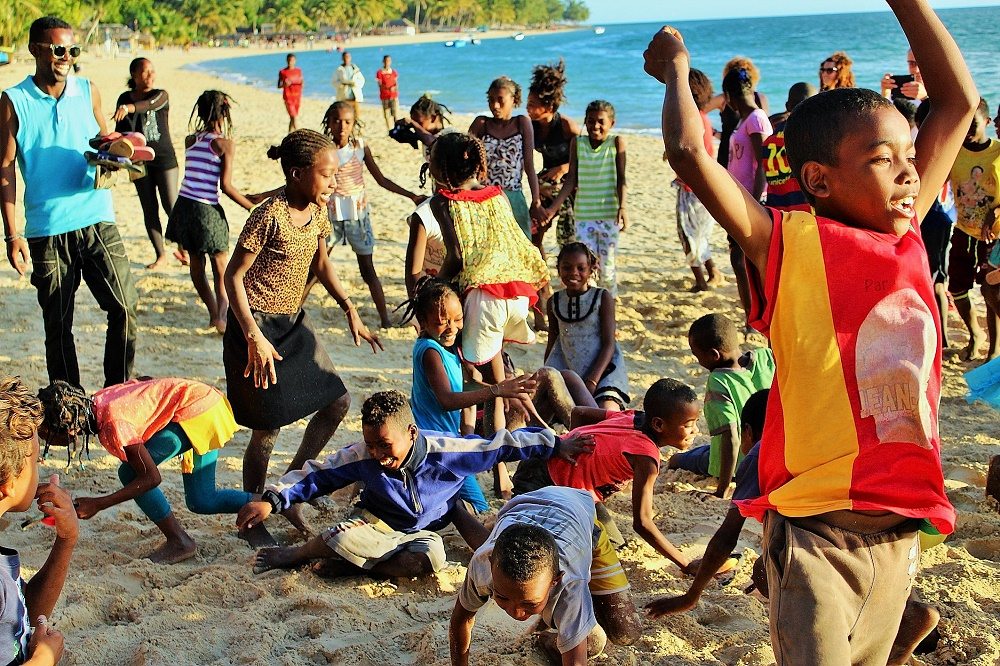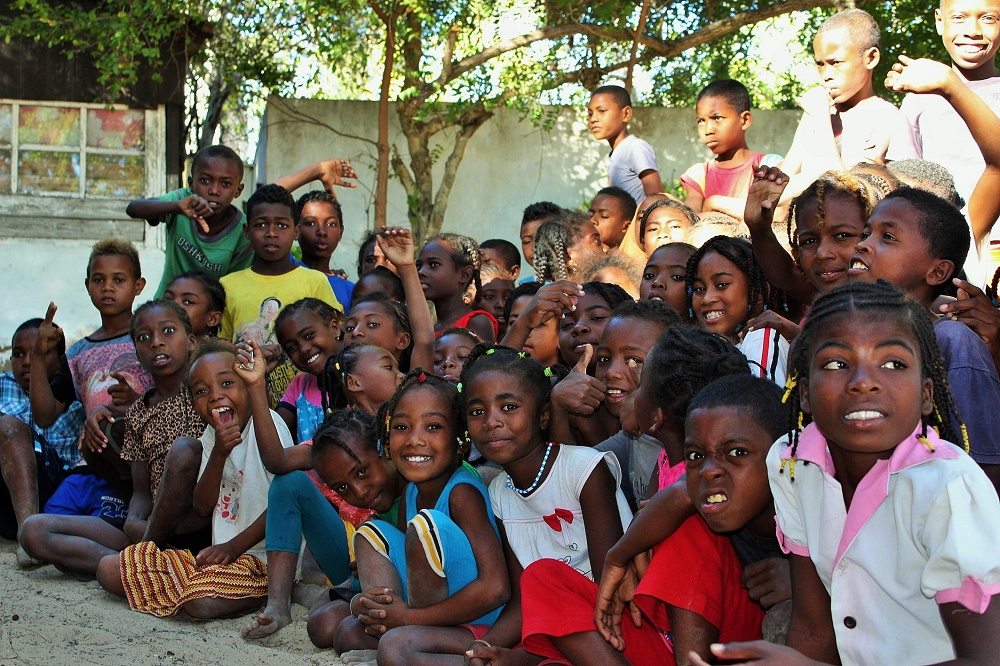Juniors Explore the Spiny Forest
A couple of weeks ago, on a Saturday morning we bundled all our Reef Doctor Juniors into a taxi brousse and headed to the Spiny Forest for a field trip! The Juniors are a group of 21, enthusiastic kids from EPP Ifaty to whom we teach environmental education each week. During the last couple of weeks, they have been learning the basics on ecosystems throughout Madagascar and locally to this region: Coral Reef, Seagrass, Mangrove and the Spiny Forest. For each subject in the Junior curriculum we take them on a fieldtrip… there is no better way to learn than actually getting out of the classroom! So, this time it was the locally run Spiny Forest (Ala maiky) reserve in Mangily.
When we arrived, we were met by the director of the reserve, Feon, who was to be our guide for the morning, and led us straight to Maki (Lemur) Sanctuary. Throughout our tour, he explained to the Juniors that these lemurs aren’t in cages for cruelty but to help them rehabilitate to the wild. Many of the foreigners who settle in Madagascar take lemurs from the wild, from their natural home, leave them in cages in their home with the job of looking pretty and impressing friends. It isn’t for conservation purposes. This sanctuary was created to retrieve these caged lemurs and rehabilitate them back to where they belong, in the wild areas of this beautiful country. In total, they have about 25 lemurs in rehabilitation, all Ring-tailed Lemurs apart from one Red-fronted Lemur.
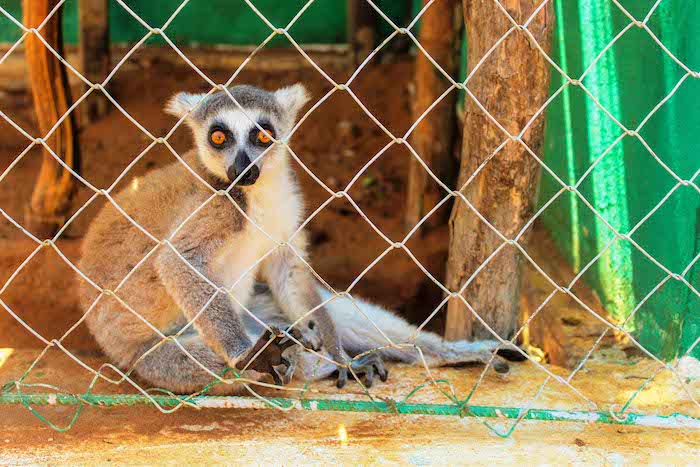
Ring-tailed Lemur nearly ready to be released back into his natural home.
After visiting where the lemurs’ food is prepared, Feon guided us to the Tortoise Sanctuary. He explained to the children that this species, the ‘Radiated’ tortoise, is found all over Madagascar, however the greatest population is found here, in the Spiny Forest. While the kids excitedly gathered in a circle trying to get a better look, Feon explained to them that the Radiated tortoise is critically endangered due to habitat loss and being poached for food – hence why they created a sanctuary.
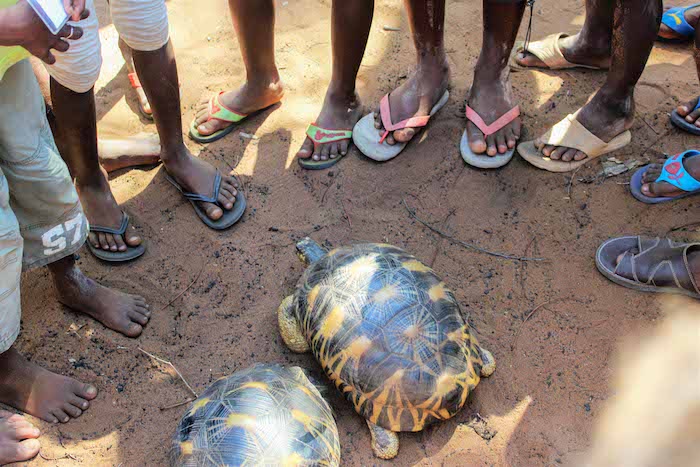
In the Tortoise Sanctuary, each kid wanted a good look!
For the next hour, the kids got to tour and explore the forest of 95% flora endemic – the Ala Maiky or the Spiny Forest. It is now a well-known fact amongst the kids that this unique, dry forest is only found in the Southwest of Madagascar and nowhere else in the world. Along the way, kids jumped on the opportunity of cracking open and eating the delicious baobab fruit that had fallen to the ground. Baobab fruit is very healthy, containing more Vitamin C than oranges and more potassium than bananas. While the kids happily munched away, Feon guided the group around many endemic trees. The main attraction, however, was one of the oldest baobabs in the reserve – over 1100 years old! It took 15 kids, arms stretched wide, to circumference the trunk of the grand tree. During the tour, unsurprisingly with 21 exciting, laughing kids, we didn’t see any animals! However, Feon explained there are many interesting animals that call this dry land home, including several lemurs, geckos, snakes and 8 endemic species of bird.
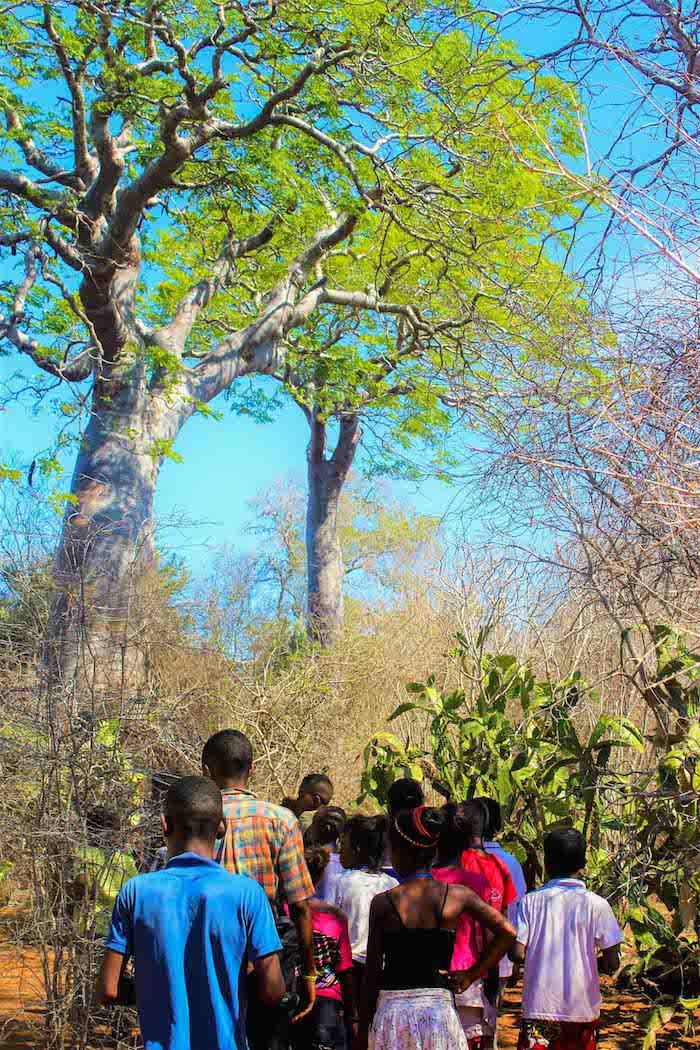
Tour around the reserve – beautiful Moringa tree in the background
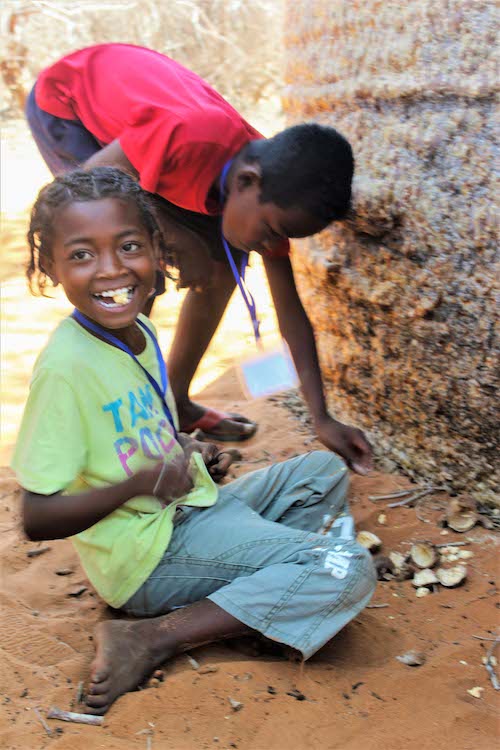
Fabrice happily breaking open her baobab fruit
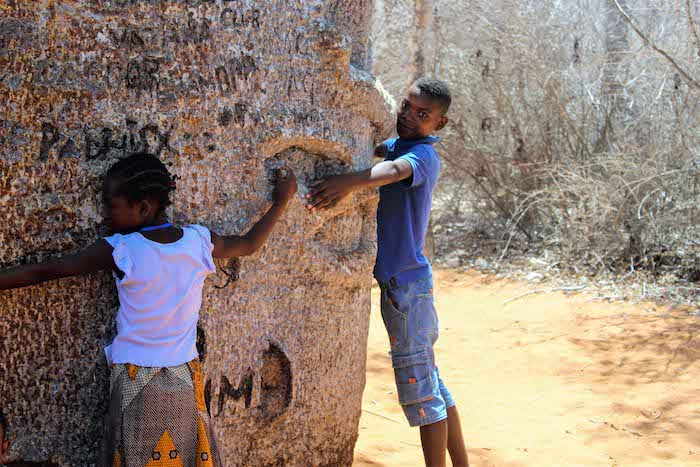
How many Juniors does it take to circle the circumference of one of the oldest baobabs in the reserve?
To round off our morning in the Spiny forest, Feon ended with a small speech for our Juniors:
‘As young kids – the future generation of leaders and conservationists – you should be well aware of the reasons why we need to protect our animals, like the lemur, and our plants, like the baobab. Firstly, because they are endemic*, only found in our country, meaning only we are responsible for them. Secondly, because they are threatened and thirdly because they are absolutely beautiful. You, the future leaders of Madagascar, need to realise how special this region is and start to protect it.’
*Not all baobabs are endemic to Madagascar. There are 9 species worldwide, 7 are found in Madagascar, others are found in Mainland Africa & Australia.
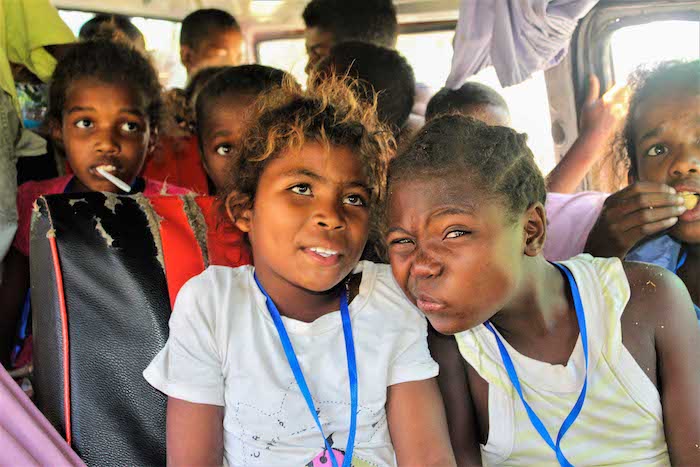
In true Malagasy style, the Taxi Brousse was late!
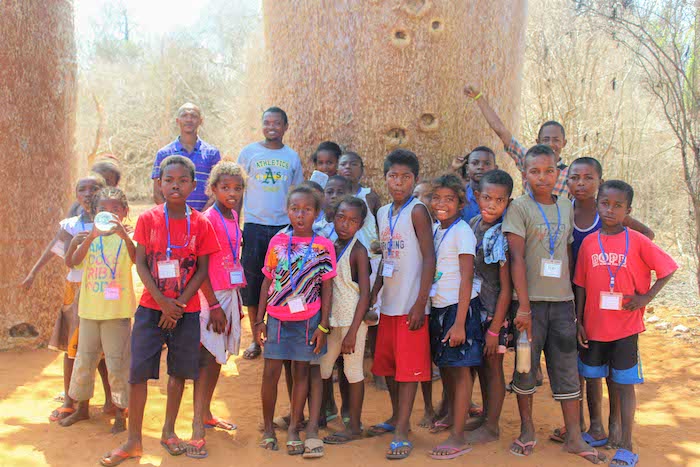
21 Juniors, 2 teachers and our wonderful guide, Feon.
The Education Team would like to take this opportunity to thank Feon and all his employees for all their hard work. With a growing population and increasing cost of living, traditional ways of life aren’t generating enough money anymore. With the Bay of Ranobe highly overfished, many fishermen are now relying on charcoal production for income. The Spiny Forest is increasingly under threat and the work being done at the Ala Maiky Reserve is critical.
Blog and photos by RD Education Officer Beth Dickens

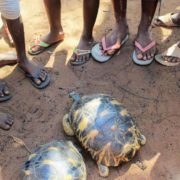
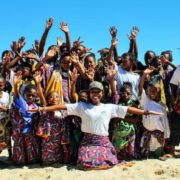
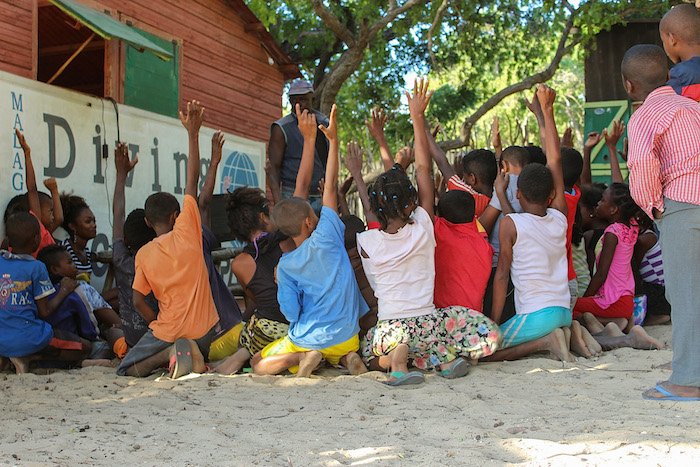
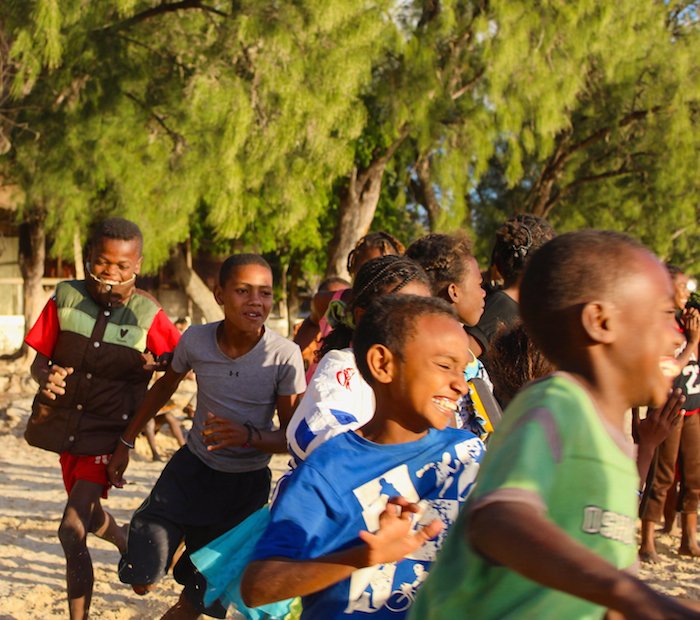
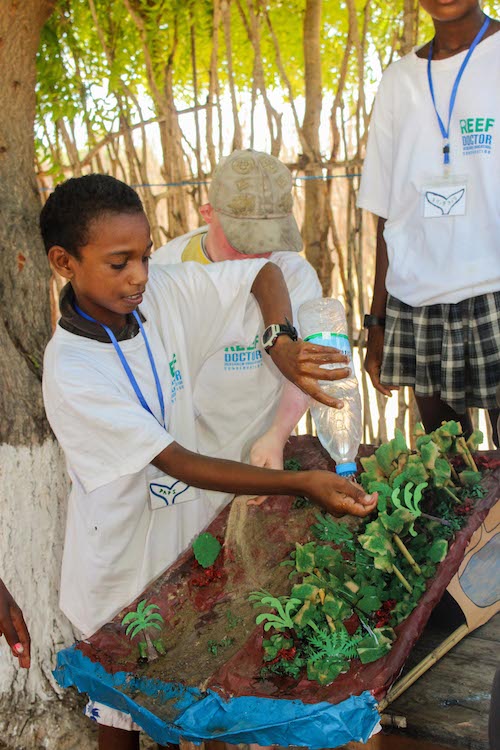
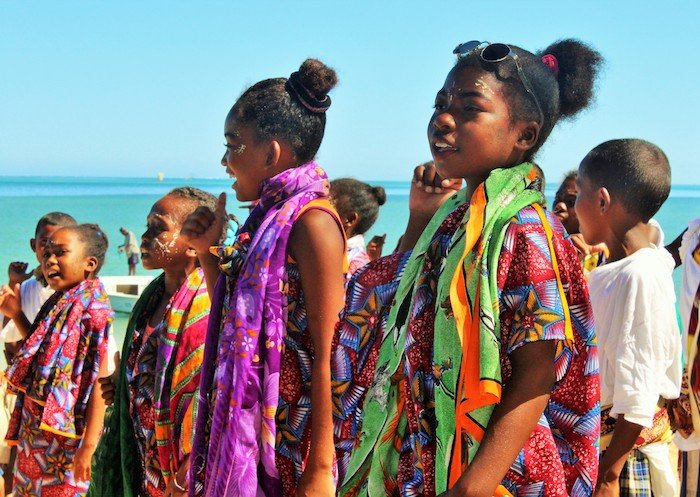
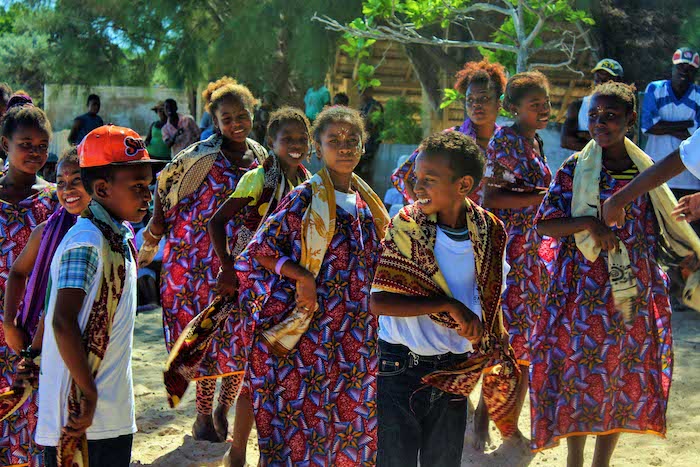
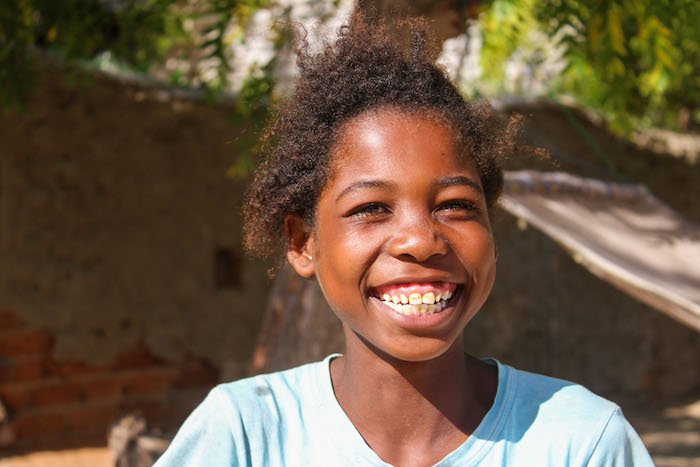
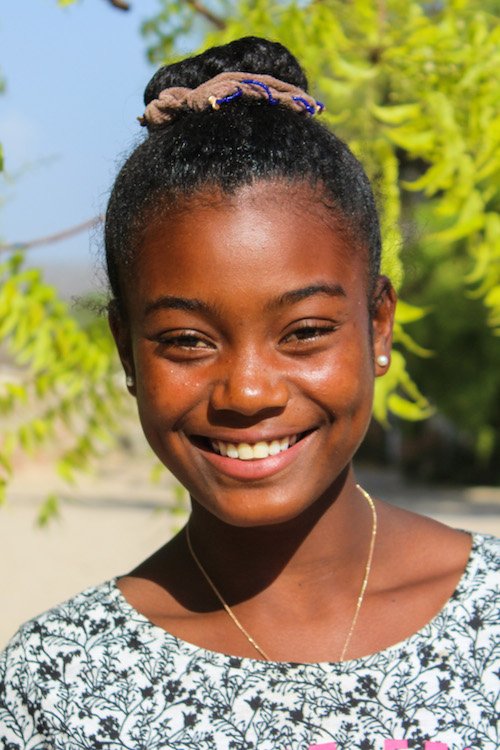
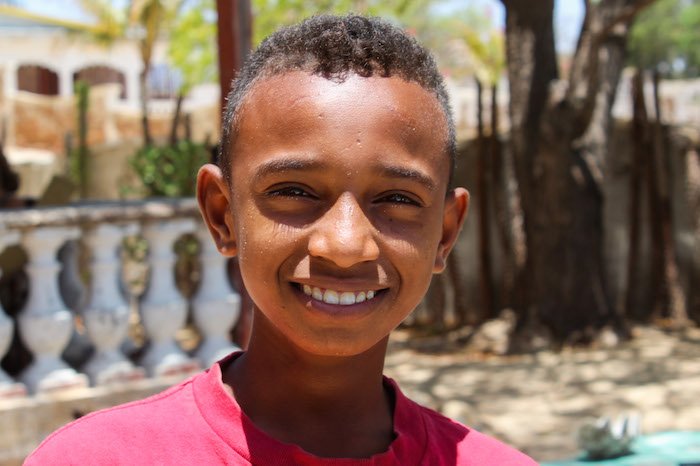
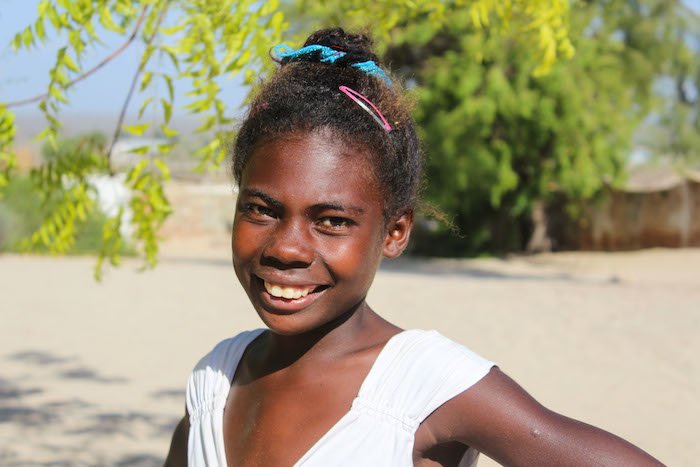
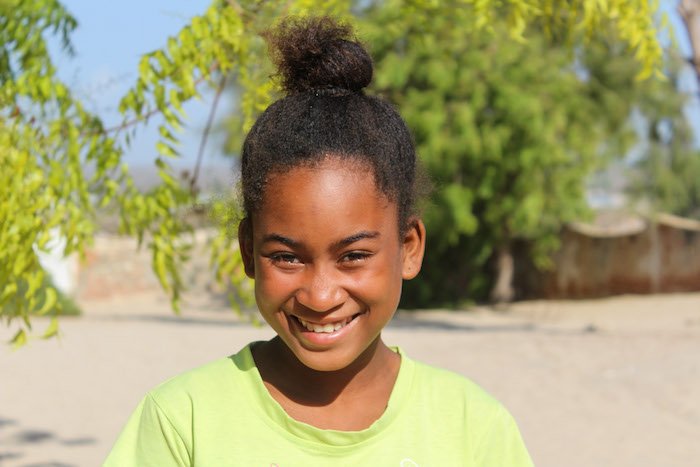
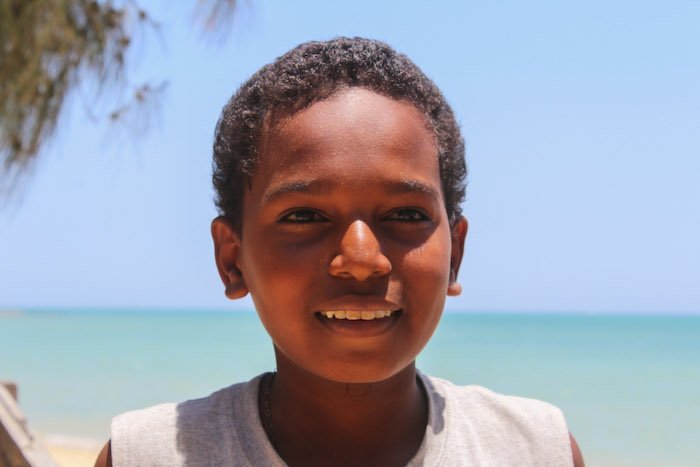
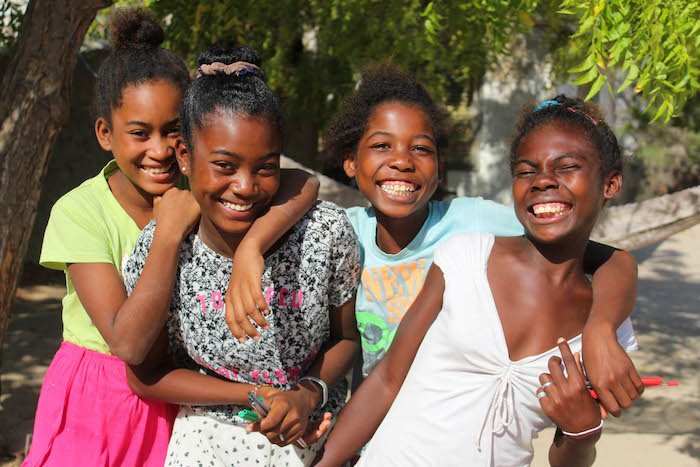
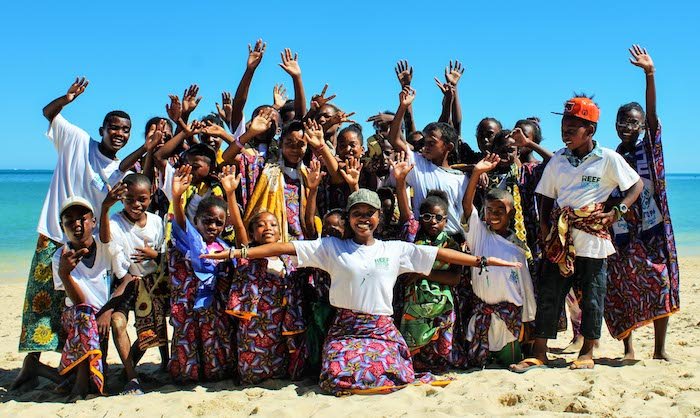
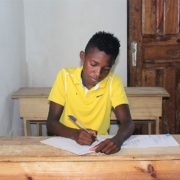
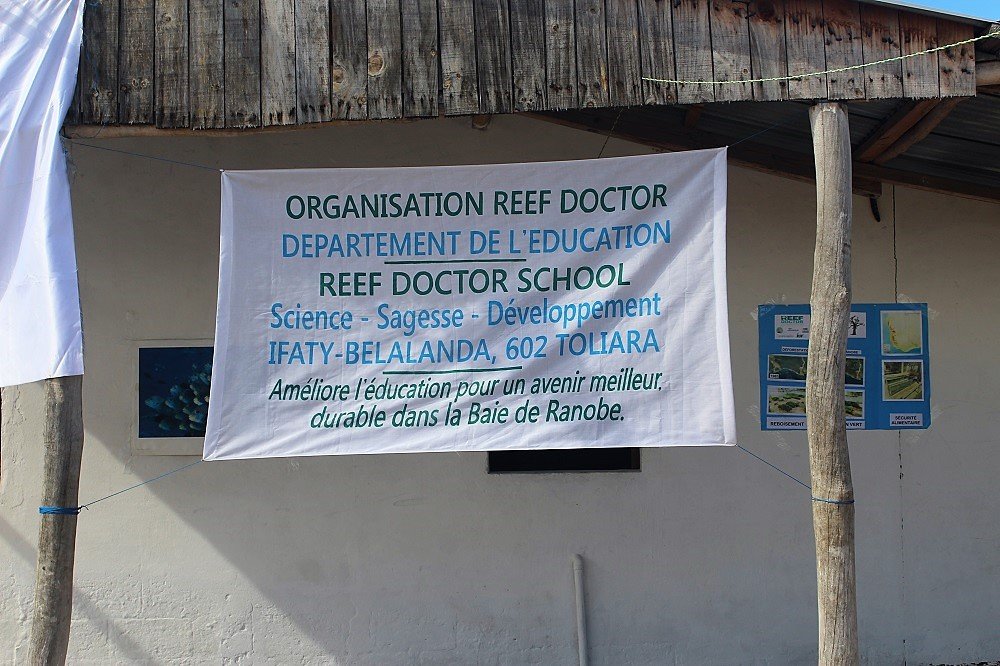
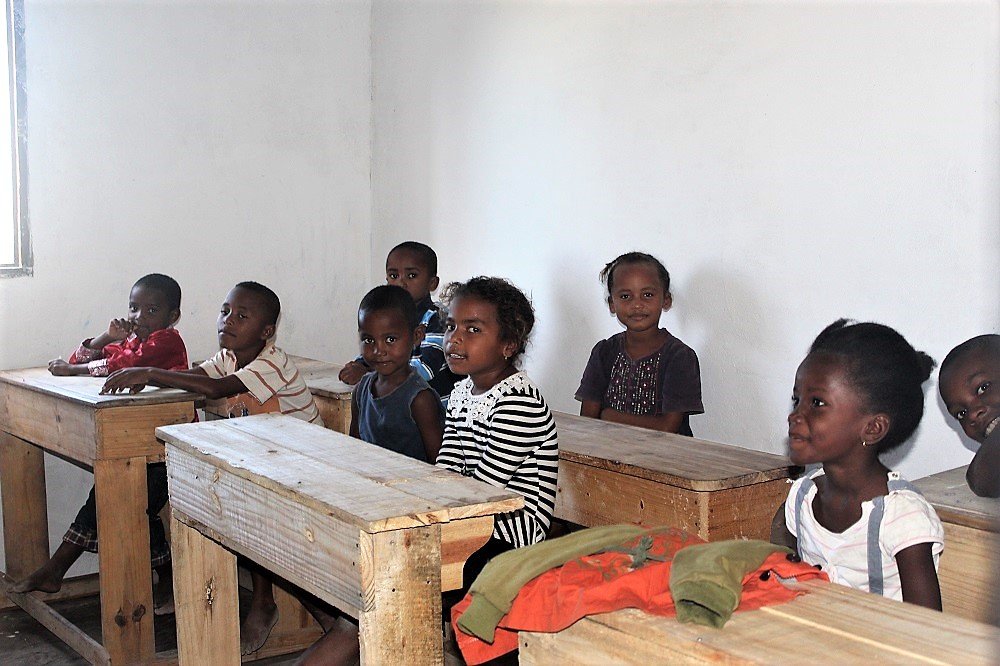
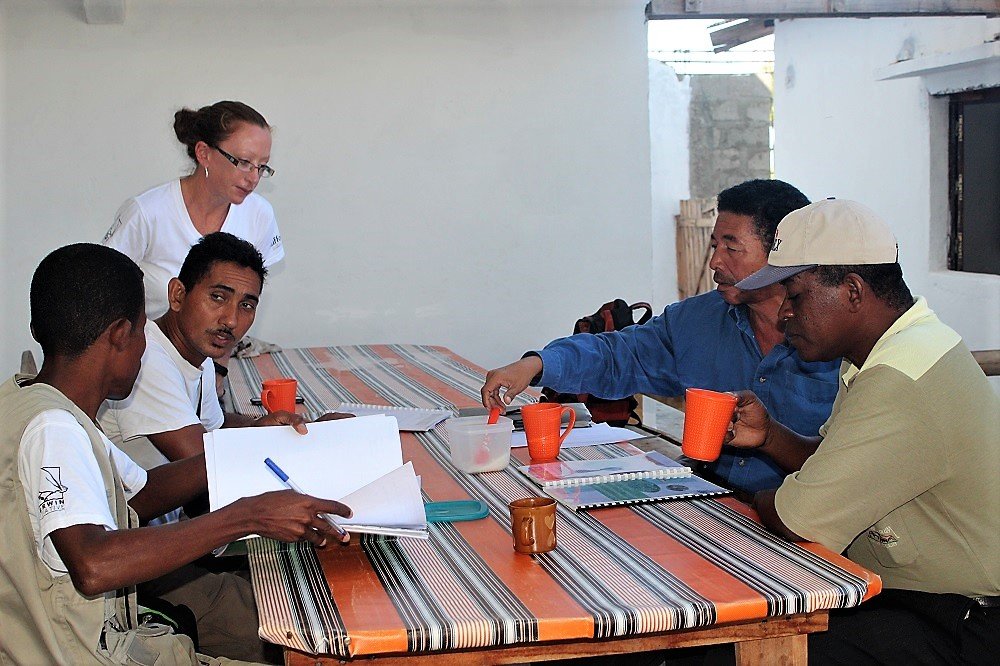
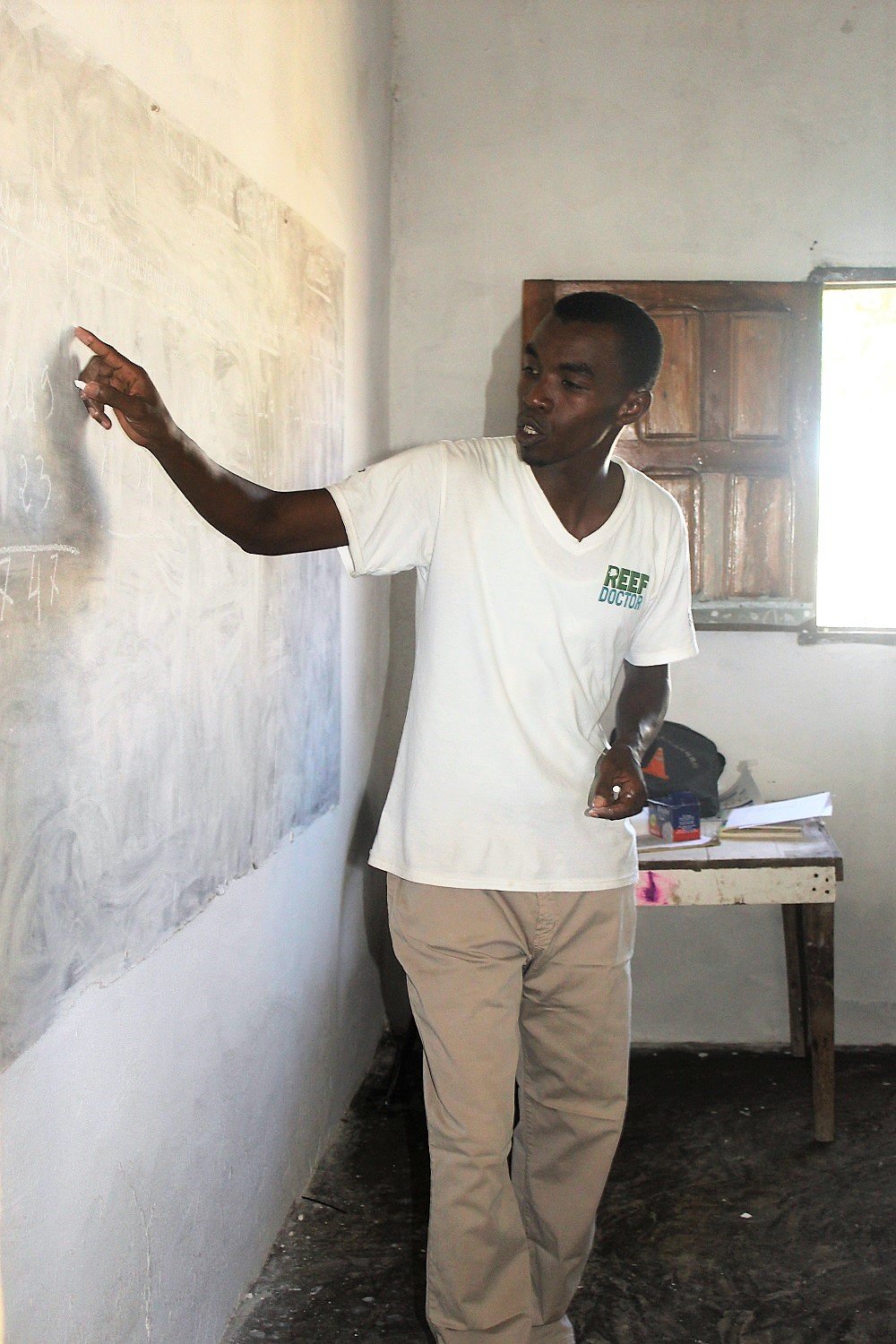
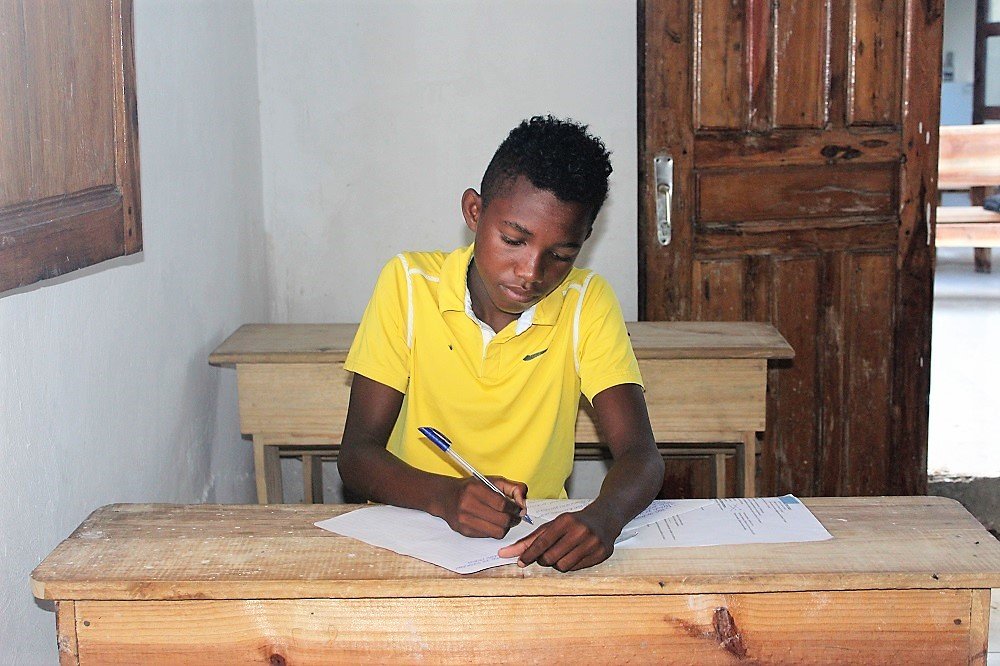
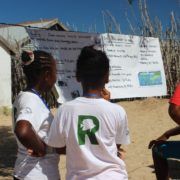
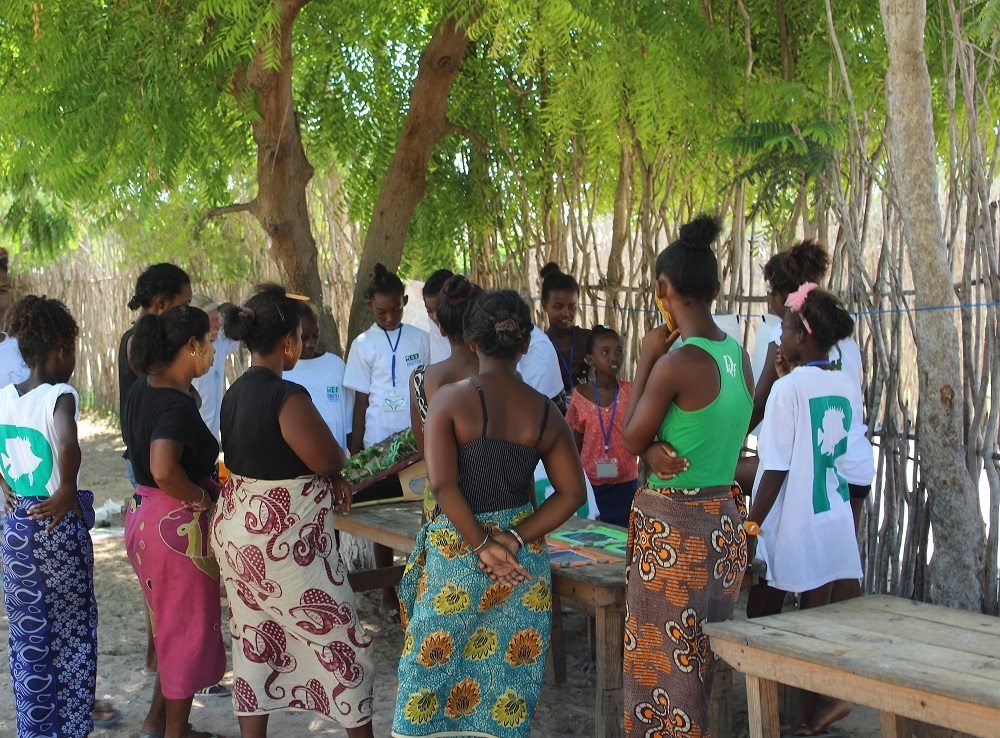
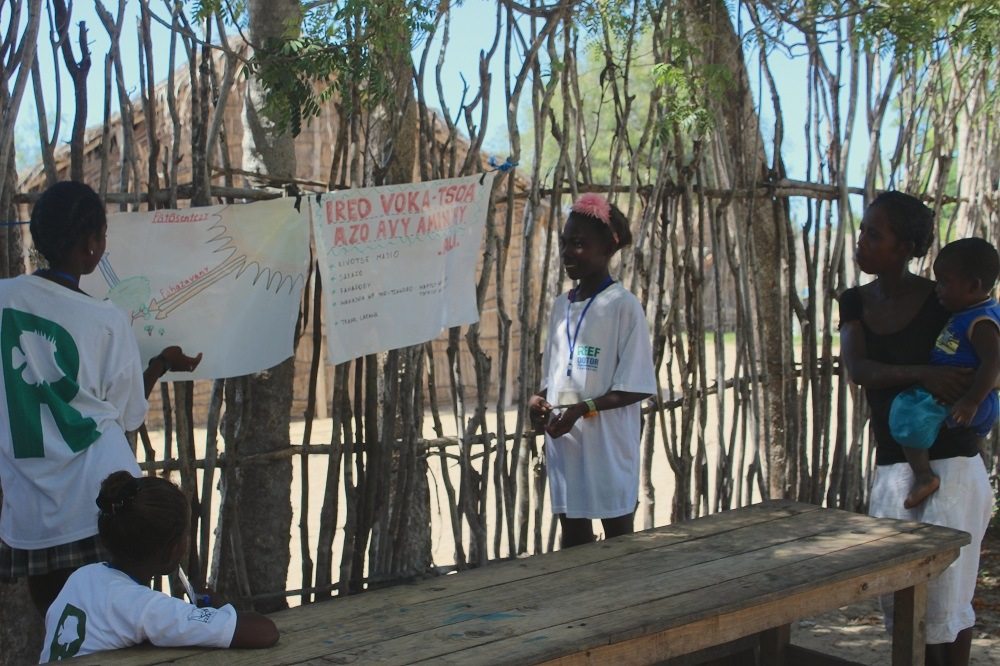
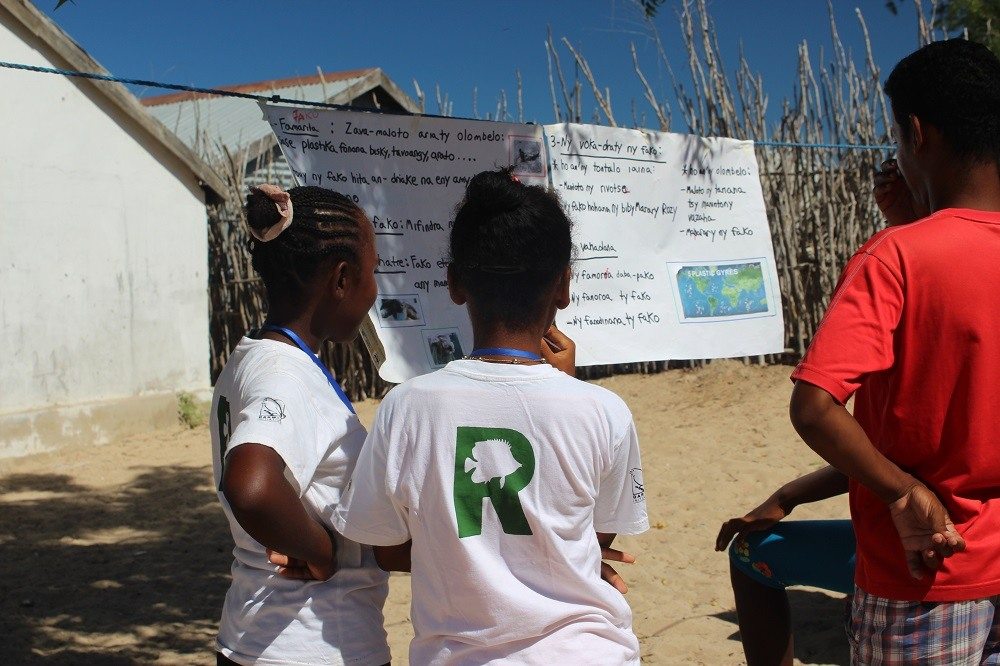
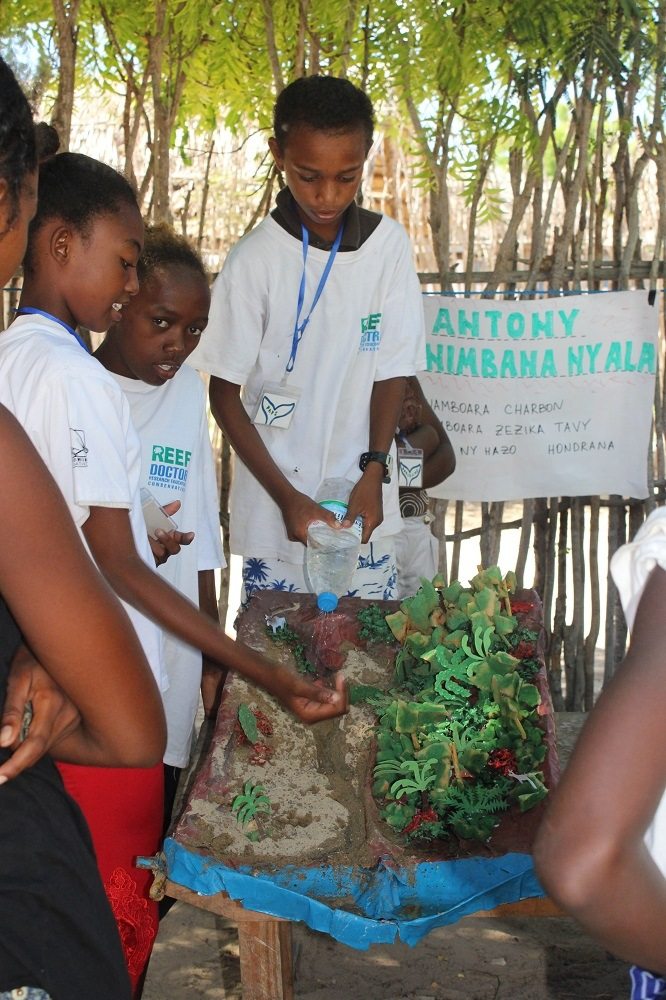
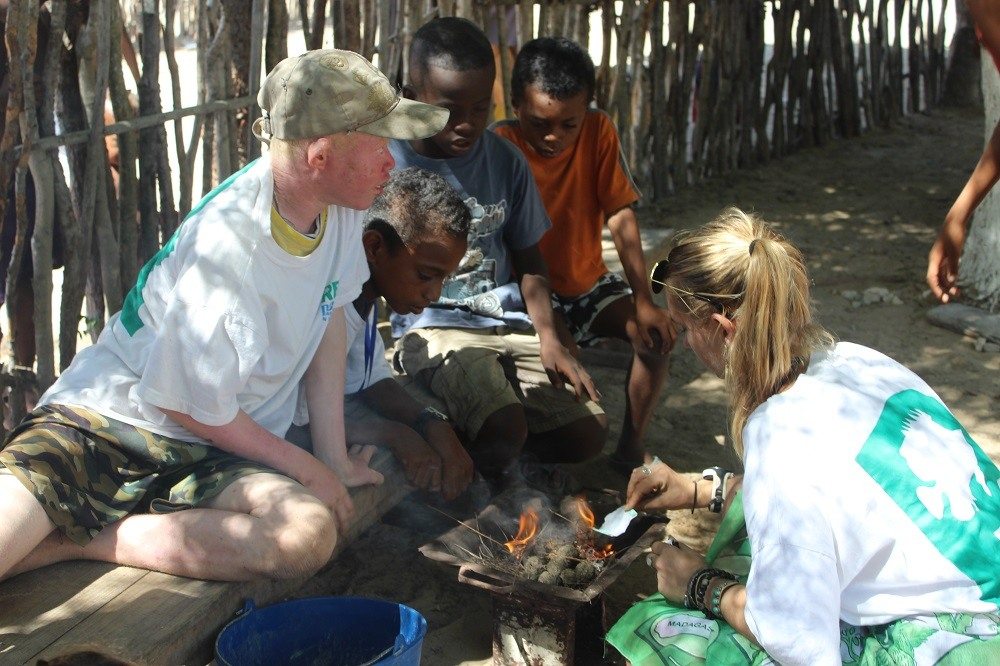
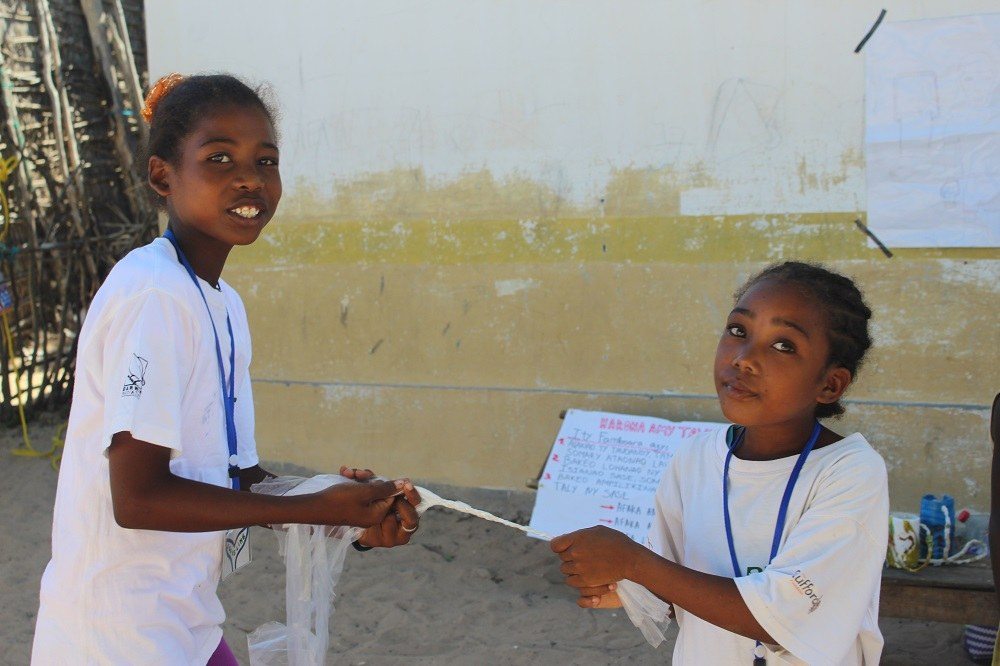
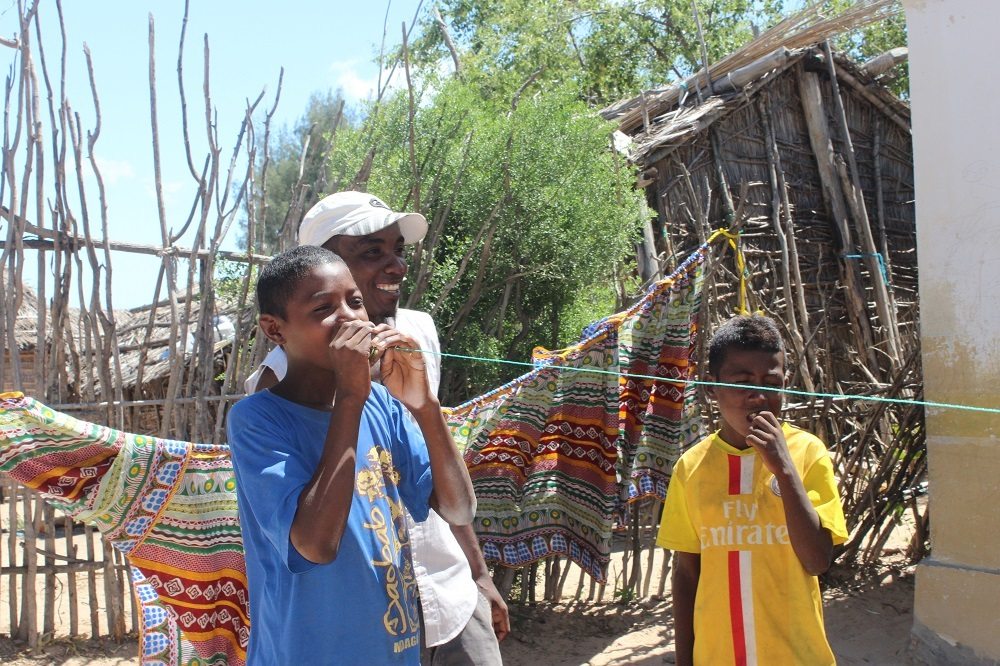
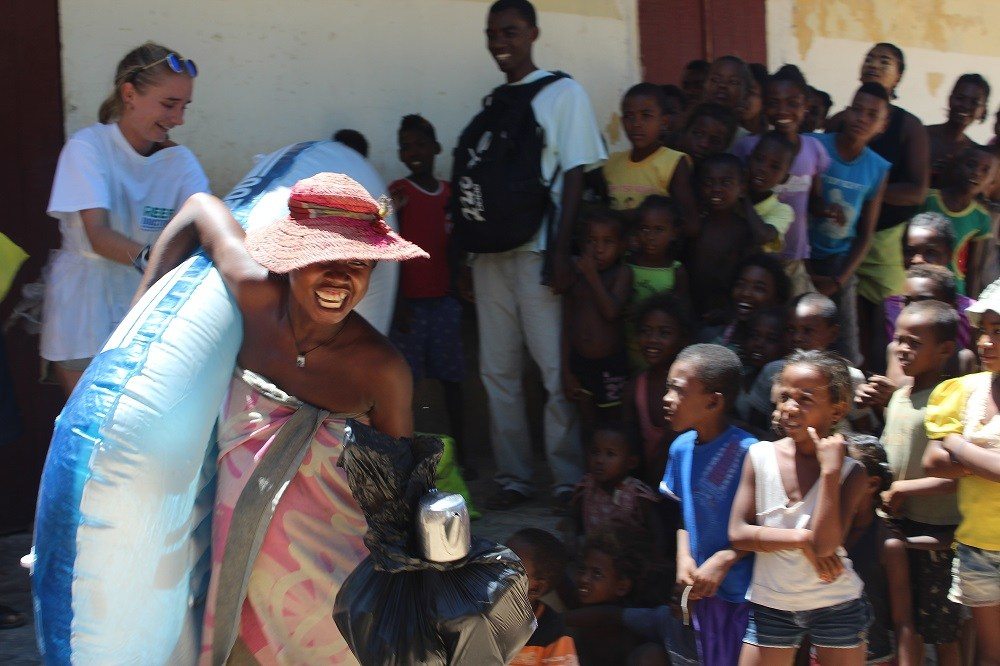
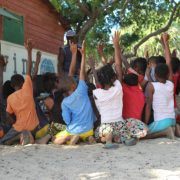
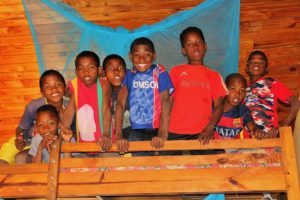 Remember how much fun bunk beds were when you were a child? Ok, now imagine how much fun a triple-decker bunk bed is when you’re a child living in a place where concrete houses are a rarity, not to mention bunk beds to put in them. Can you imagine? Yes! Well, that’s almost as much fun as the
Remember how much fun bunk beds were when you were a child? Ok, now imagine how much fun a triple-decker bunk bed is when you’re a child living in a place where concrete houses are a rarity, not to mention bunk beds to put in them. Can you imagine? Yes! Well, that’s almost as much fun as the 